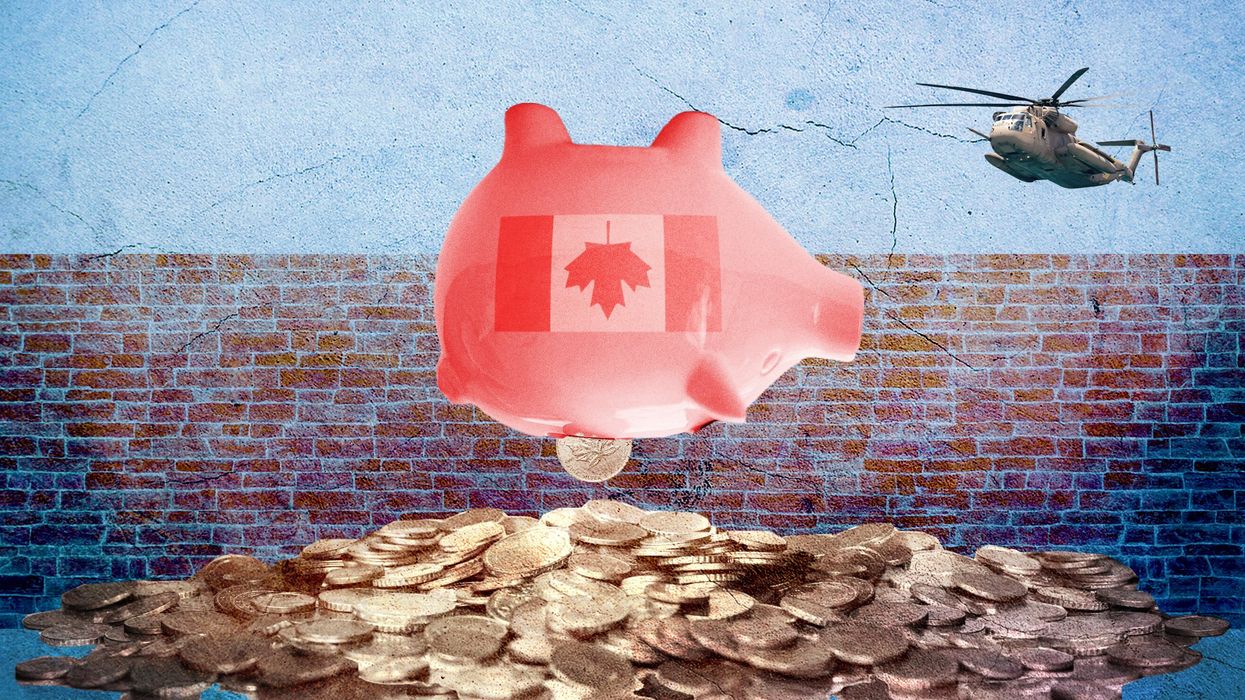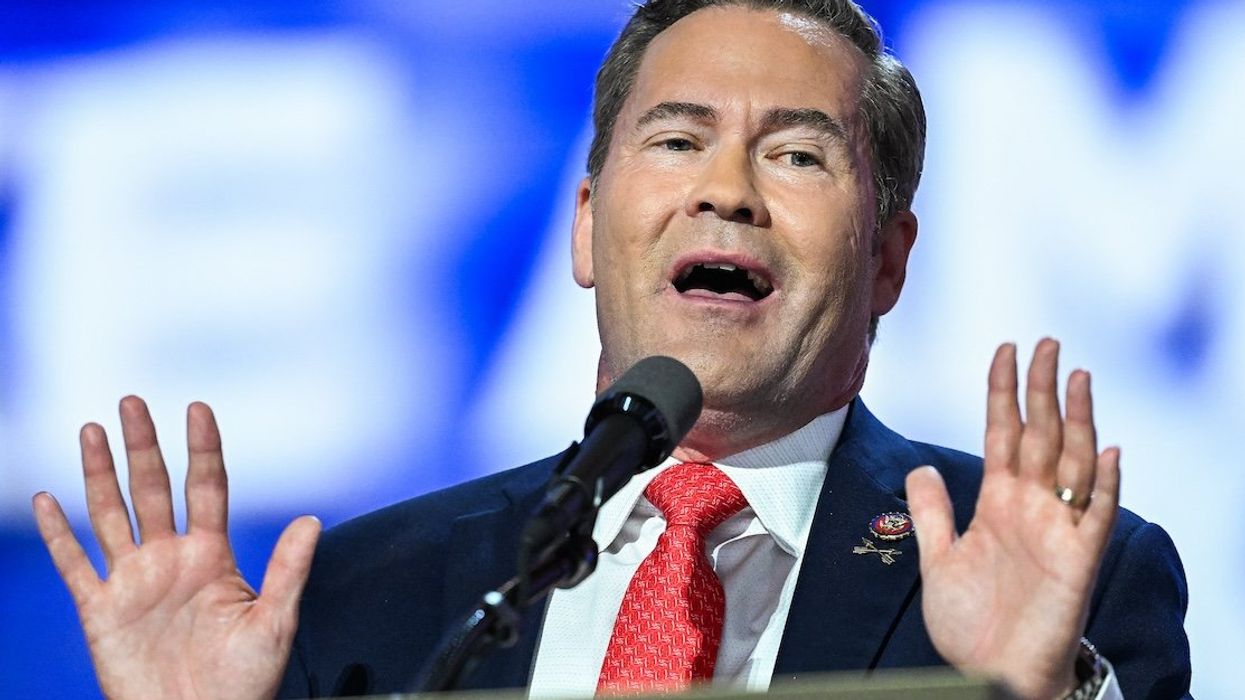GZERO North
Liberals face two showdowns to Trump-proof Canada
As if Justin Trudeau isn’t dealing with enough. His Liberal Party is down in the polls and struggling amid a House of Commons shutdown led by the Conservatives. Now it has to manage an incoming Trump administration intent on extracting as much as it can from Canada.
Dec 05, 2024


